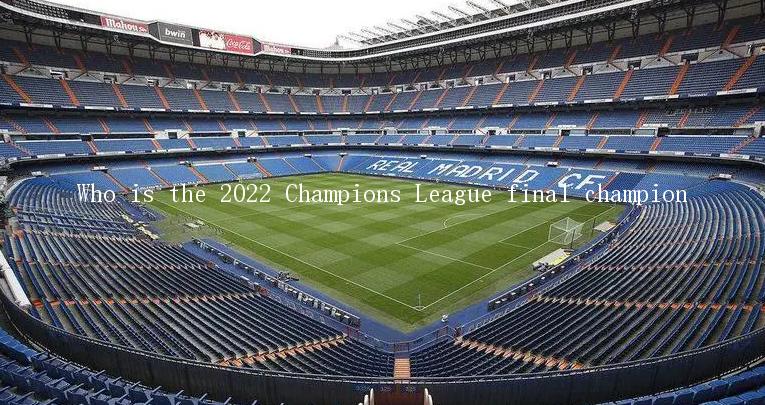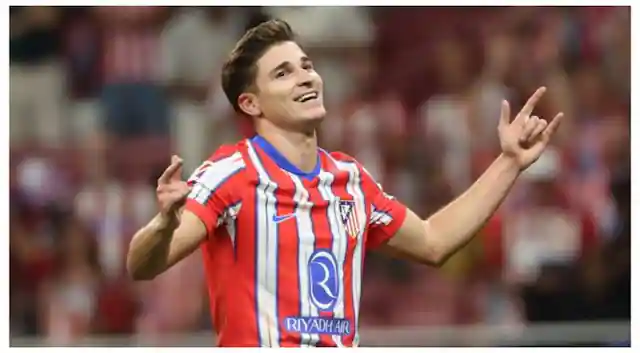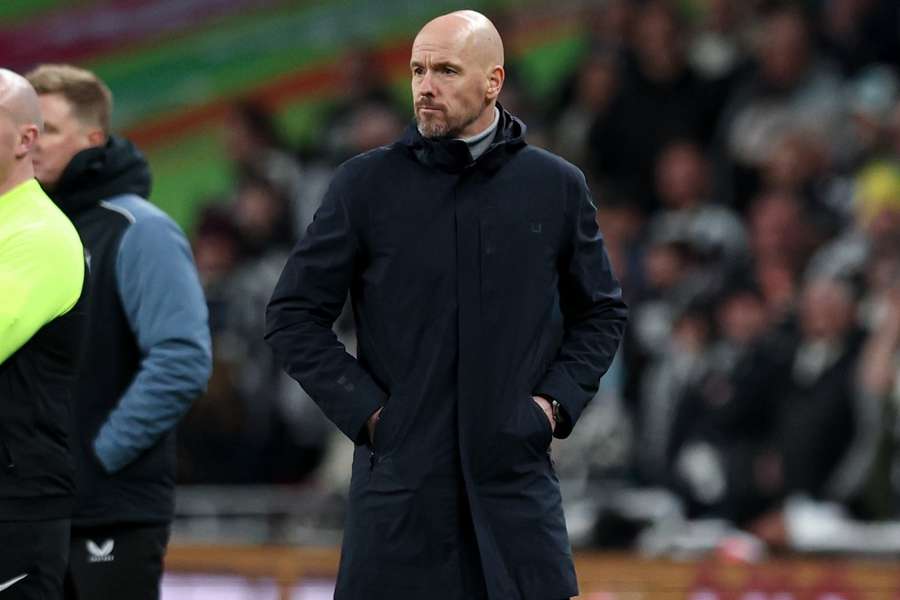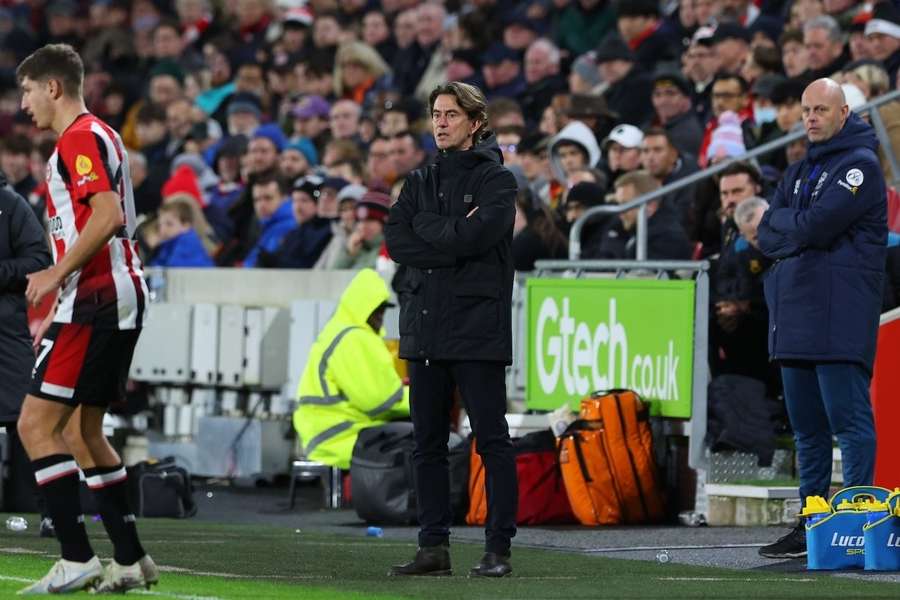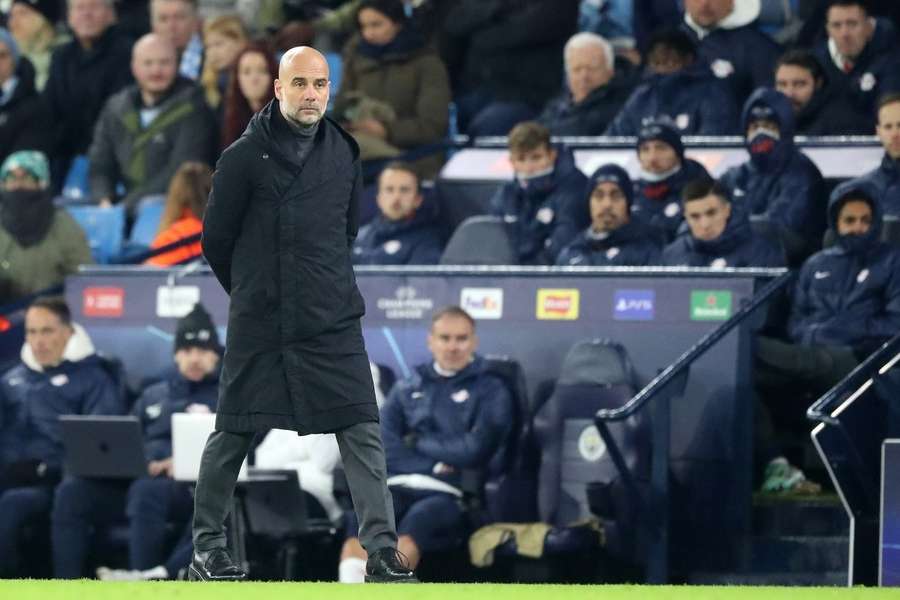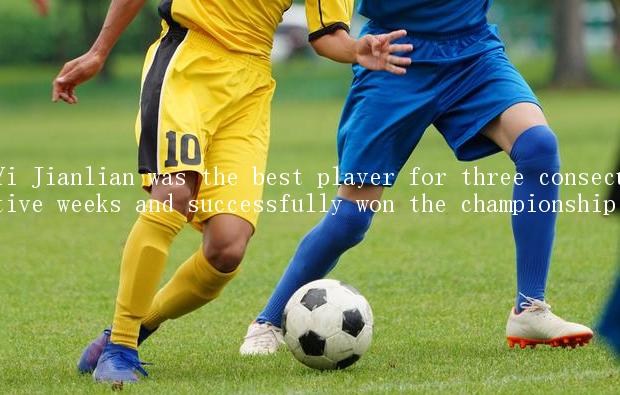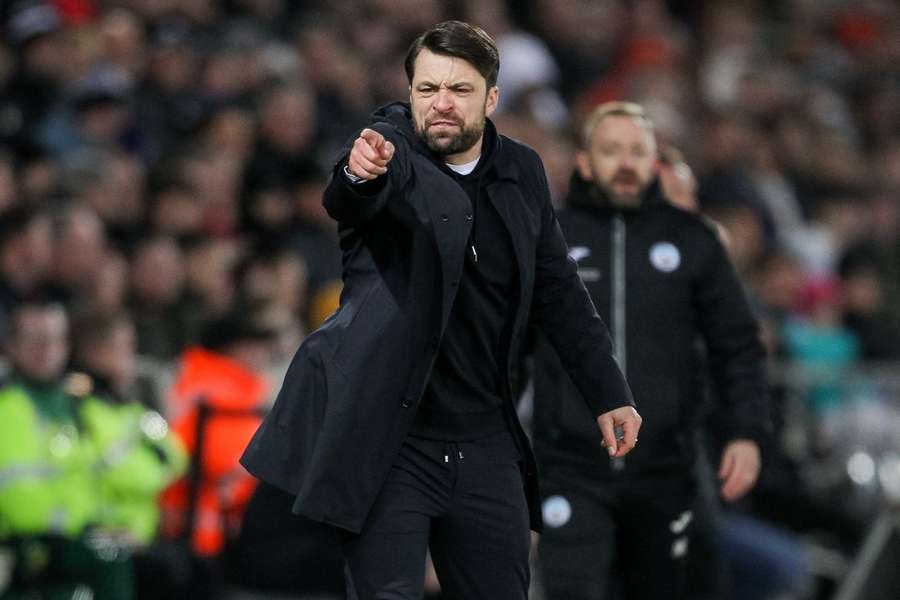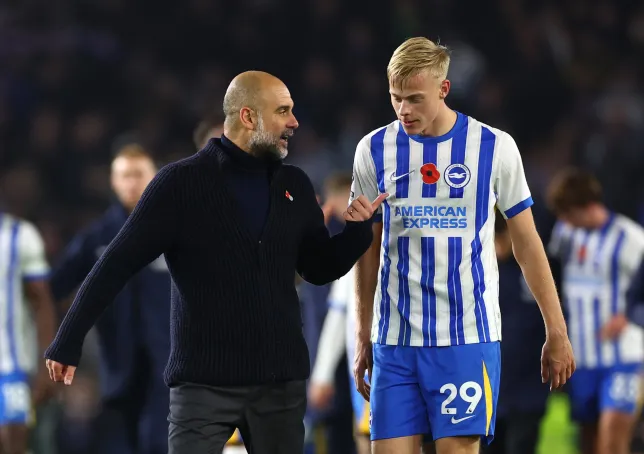Reunion of Tactical Minds: Enzo Maresca faces off against Pep Guardiola in Chelsea vs Man City football battle

Enzo Maresca's debut as Chelsea's manager will see him face off against Pep Guardiola and his reigning champion Manchester City squad in his first competitive match. This match holds great importance for Maresca as it is an opportunity for him to showcase his tactical skills and strategic acumen in a thrilling game of football chess against one of the top teams in the league.
Maresca may have described another Manchester City boss Manuel Pellegrini as "like a father" to him but it is Guardiola whom he most admires. He still recalls their first conversation when Guardiola was coaching Barcelona and he was a player for Malaga.
The pair connected over their memories of Carlo Mazzone, the charismatic Italian coach who had been in charge of Cagliari when Maresca was a young prospect there. He would later coach Brescia during Guardiola's stint in Italy towards the end of his playing days.
When they met, Guardiola was already the pre-eminent coach of his generation but Maresca's own ideas about football were still formulating. He has since revealed that he studied Guardiola during this period - alongside a growing fascination with chess.
Thesis on football and chess
Maresca had been taking chess lessons for four years when he chose it as the subject of his thesis in completing his coaching badges at Coverciano, the esteemed Italian finishing school. He admitted that he only became interested once he wanted to coach.
TrendingAt over 7,000 words, it is an in-depth exploration of the similarities between the two games. He compares opening theory in chess to building from the back in football, discusses the battle for control of the centre, and the importance of quality in the endgame.
Guardiola is referenced indirectly, when Maresca refers to his mentor Johan Cruyff as having been a footballing-chess player, and directly when he quotes him on the importance of controlling that centre. Control the midfield and control the match, he explains.
Maresca goes on to discuss how that can be done in various ways - this is a thesis. And when he writes of how the positional game sometimes requires keeping a central piece in the same spot to gain an advantage rather than risk moving it, that feels pure Guardiola.
Some of it seems practical. Maresca highlights the importance, in football and in chess, of trying to create numerical superiorities or one-on-ones in certain areas of the pitch. Last season, it was two Leicester players who topped the charts for most one-on-ones.
At other times, it is more about Maresca's thought-process than any tactic. "I came to the conclusion that playing chess can train the mind of a coach," he writes, claiming that it develops the prefrontal cortex of the brain, responsible for planning and anticipation.
Indeed, part of his fascination stems from the thought that study might help him to anticipate what is coming next. "The fundamental element of chess is the logic that leads a player to understand and thus predict the moves of the opponents," he argues.
That is interesting because this is pretty much how Tommy Doyle, the former Manchester City midfielder, describes the experience of playing for Maresca. "He gave brilliant advice. What Enzo told us to do and how the games panned out was everything that he said."
Transforming City's youngsters
Maresca transformed City's development side and prior to Leicester's Championship title win he described the achievement of winning Premier League 2 with them as the proudest of his career. It was an accomplishment because he changed the mentality.
"It was not based on winning, it was about playing nice football." That was Doyle's take on what came before. As James McAtee put it: "When Enzo came in, he said, 'we want to make history and win the league'. And we went and did it. Training got more intense."
Maresca approached the task with the attitude of a head coach rather than someone working in development. It is a delicate balance because academy graduates need to be nurtured but this is not youth football and they need to be prepared for the next step too.
Ceri Bowley helped devise the methodology at City Football Group and remembers well the impact that Maresca had on those young players. Guardiola had earmarked him as a potential assistant already but that role was a test of what he could do. He passed it.
"When that job came up," Bowley tells , "they wanted to give him that experience of being involved in the group, to understand it, to see up close whether he was the right fit for the environment, the way that he wants to work and sees the game.
"They were very good that year and won the league quite convincingly. He had a very good group, do not get me wrong, but you could just see by the way that the team played and how they kicked on from the years previous, the impact that he had on it."
When Maresca left to take the Parma job, Brian Barry-Murphy was tasked with replacing him at City. Now, as then, he is open about it being a daunting act to follow. "The performances and results were incredible that season," Barry-Murphy tells .
"Previously they had been seen as an academy team and one that was still part of that academy. Enzo separated that team. He wanted those players to start to understand what it was like to be a senior professional and a prospective first-team player."
Barry-Murphy arrived to find the mentality transformed. "When I got there, the players were insanely competitive and obsessed with improving to win. They had won their first trophy, the acclaim they were getting was the same as a first-team player starting out."
Returning as Guardiola's assistant
As a result, when that opportunity at Parma did not work out and Guardiola's assistant Juanma Lillo's departure for Qatar opened up a first-team vacancy, it was no surprise that Maresca was offered a route back to City, this time working with the seniors.
Guardiola has described the work done with that development squad as "extraordinary" and while Lillo had been a mentor to him, Maresca was different. "I feel it like I felt it when I saw Mikel Arteta." In his view, the potential to be an elite manager was clear.
"He is a really humble guy, if he wasn't then Pep would not have had him," says Bowley. "I was always impressed. He has a very clear identity of how he wants his team to play and is very good in how he communicates that to players. Really clear, really simple."
His season by Guardiola's side became the most successful in City's history as they won the treble. Coincidence? Perhaps not. Maresca played his part. "It was significant for me that he was so active and so involved in the coaching," says Barry-Murphy.
"Pep is such a dominant figure because he is so good and commands everyone's respect, so it can be easy to stay in the background and not be super-active. But Enzo coached from day one and you could see the respect players had for him was instant."
"We all see the tactical outcomes of the innovation for which Pep receives acclaim. But people do not see the technical work that goes into it to give the players the confidence that it will work. They work on that every day and that is why the level is so high.
"Enzo was involved with that and helped the players to improve those technical actions and concepts. He would be involved in everything. He would be coaching all the players at different times and, the same as Pep, it is not segmented, it is very group focused."
Implementing ideas at Leicester
Maresca's association with City's success persuaded Leicester to appoint him as their new head coach last summer and he left again, seizing the chance to show that many of the ideas that he had worked on with the champions could work in the Championship.
In his absence, City retained their title having 65 per cent of the ball, but Maresca's Leicester's side were not far behind in winning their own division with 62 per cent of the possession. Many of the fundamental principles of play were soon imported.
The goalkeeper played out from the back and Ricardo Pereira was tried as an inverted full-back. Kiernan Dewsbury-Hall, who has since followed Maresca to Chelsea, revealed that the players felt "a bit stupid" in the early weeks due to the level of detail.
Harry Winks, a senior England international who has played under no fewer than three former Chelsea managers - Jose Mourinho, Antonio Conte and Mauricio Pochettino - told that Maresca was by far the best manager that he had ever worked with.
Echoes of Guardiola? "They see the game in similar ways," adds Barry-Murphy. "The way they coach is a total dedication to improving players so they feel comfortable with what they are being asked to do. That core way of playing and coaching is similar, I think."
Will all this work at Chelsea?
That work has now earned Maresca his chance at Chelsea. They are no doubt attracted by the tantalising prospect of having identified the next Guardiola, a coach capable of implementing similar ideas, maximising the potential of a squad packed with talent.
They may be right. Jurgen Klopp's Liverpool challenged Guardiola's domination with their unique style but the next threats are likely to come from like-minded souls. Arteta's Arsenal and now another former deputy across the capital over at Stamford Bridge.
"Where I think the game has shifted, definitely in the Premier League, is that teams need control," says Bowley. "The misconception with City's methodology is that it was about possession. Our focus was on control not possession. That is what you are seeing now.
"Teams are realising that it is very difficult to be successful with a model that is built around counter-attack. You have to be able to control the ball to control the game, so there is this real appetite around the game for the coaches from City Football Group.
"One of the biggest challenges is that people say they want a methodology and a style of play, but they do not realise what it takes. The one thing I can guarantee it takes, and Mikel Arteta is proof of that, is time. It is not an overnight thing.
"You cannot take the City methodology and play that way from day one because it does not work like that. You have to appreciate what it is going to take and be really aligned with the coaches as a sporting director. You cannot just go and sign who you like.
"That is why Txiki [Begiristain] is the best at it because he fully understands it. He looks at players in the same way that Pep looks at players. The sporting director has the same vision. The game style is already there. Everyone knows the identity. It is ingrained."
The depth of Chelsea's commitment to that approach, and to Maresca, will be tested in time. But a quirk of the fixture list means that the Italian's most difficult Stamford Bridge assignment will be his first. Guardiola's City are the visitors on the opening weekend.
It is a meeting with the grandmaster. One that, in a sense, Maresca has been preparing for from that first meeting in Spain, to the theory work in Italy and the practical lessons in England. Should we expect a game of chess? The phrase never felt more appropriate.
Watch Chelsea vs Man City live on Premier League from 4pm on Sunday; kick-off 4.30pm
RELATED STORIES
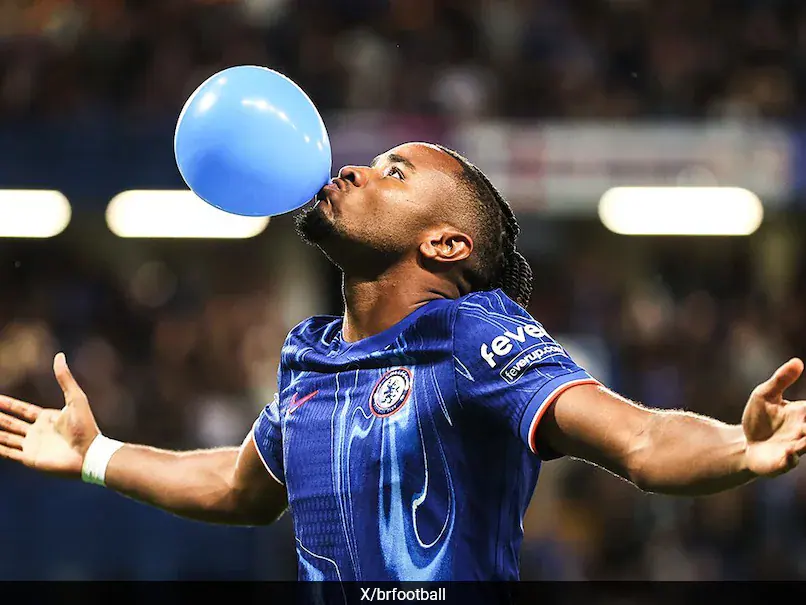
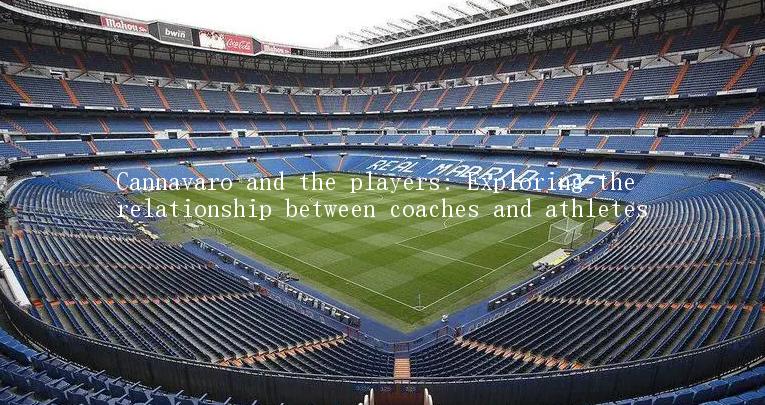

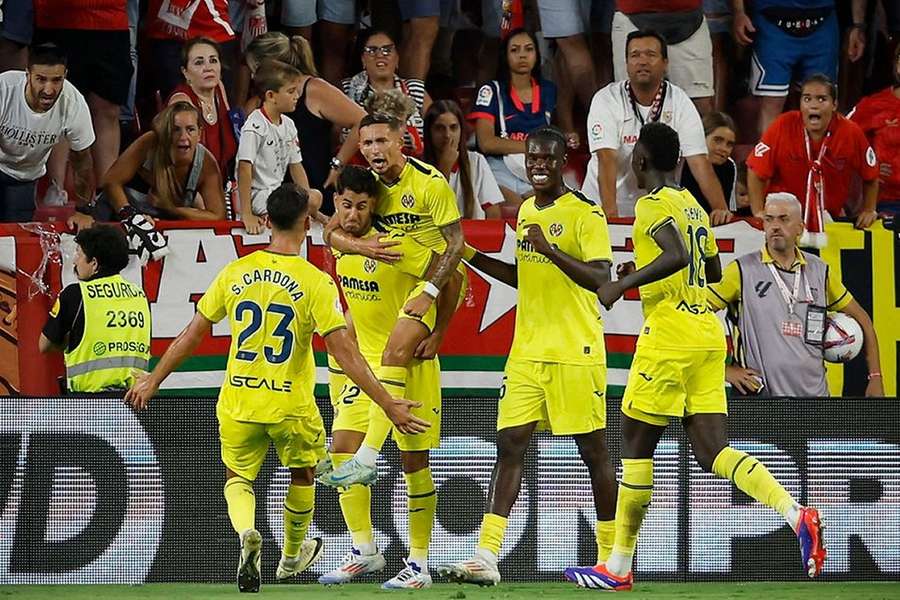
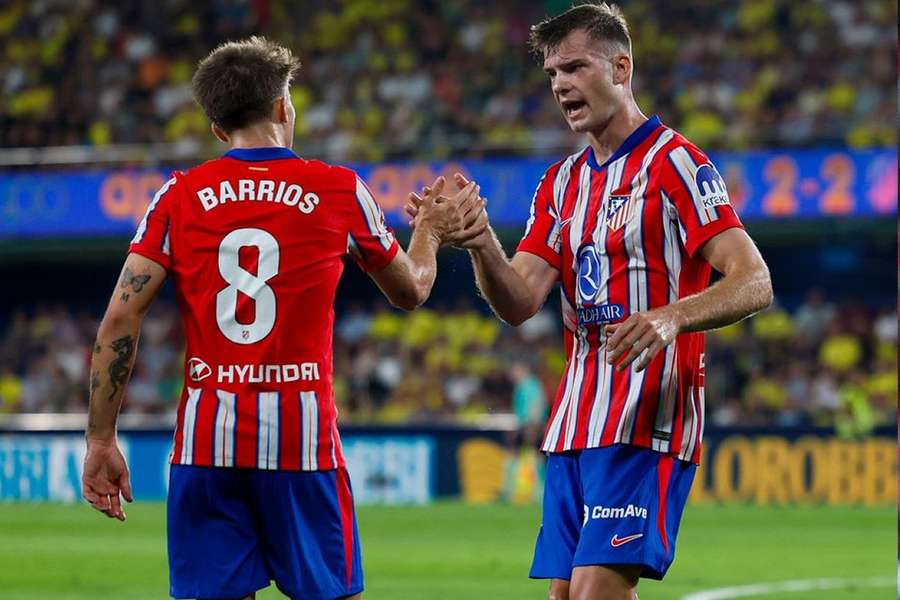
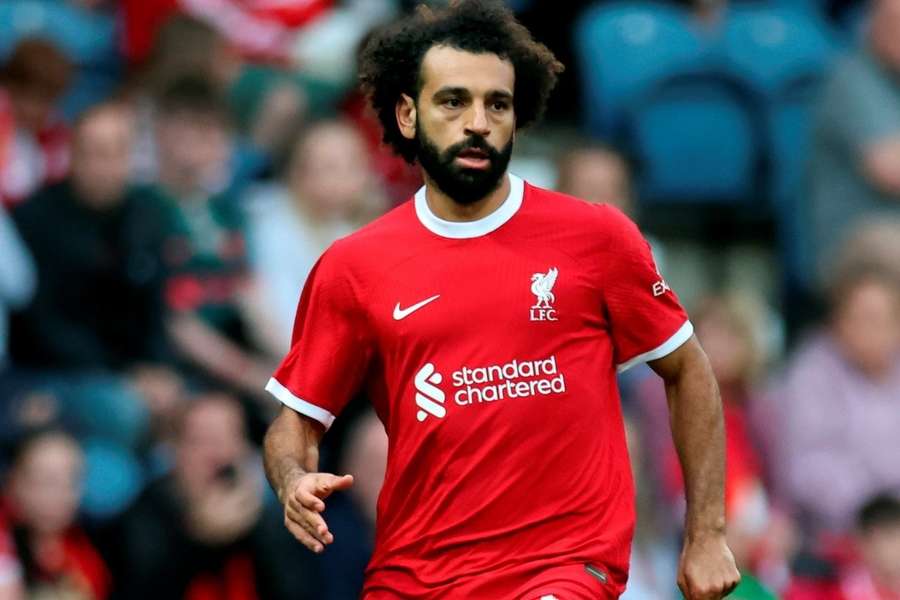
LATEST NEWS
